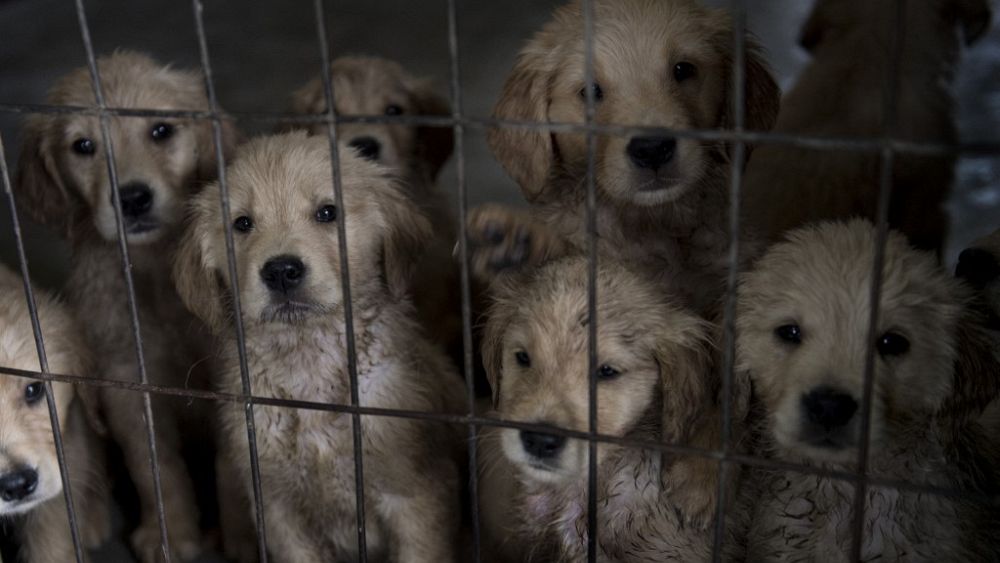
Spanish lawmakers passed a law on animal welfare on Thursday, accompanied by a reform of the penal code which increases prison sentences for those mistreating animals.
“It is a very important day because Parliament has definitively approved the first law on animal rights (since the restoration) of our democracy,” Ione Belarra, Minister of Social Rights and leader of the radical left Podemos party said.
The law “will put an end to the impunity of people mistreating animals” and it represents a “progress which corresponds to the sensitivity of our fellow citizens who want, for the most part, to protect” animals, she added.
This law will require “compulsory” training for dog owners, who will also be prohibited from leaving them alone for more than 24 hours.
It also makes the sterilisation of cats compulsory, except on farms, with animal rights associations stressing the importance of birth control in order to avoid abandonment.
The reform of the penal code, which accompanies the law, increases the penalties for mistreatment which can land offenders with up to a year and a half in prison, if the animal requires veterinary care.
This sentence increases to two years if the animal dies, or even three in the event of aggravating circumstances.
Until now, the maximum penalty in case of death of the animal was 18 months in prison.
These measures apply mainly to domestic animals and do not concern farm animals or hunting dogs.
The fate of the latter had caused divisions within the left-wing government between Prime Minister Pedro Sanchez’s Socialists, who favoured excluding hunting dogs from the bill, and Podemos, who opposed it.
Bullfighting will also not be affected by the legal changes.
The law also reinforces supervision of pet breeders.
Spain has granted the right to joint custody for pets since the beginning of 2020, who are now considered “living beings endowed with sensitivity” and no longer simply “things”.
Several European countries have already modified their civil codes to recognise the living and sensitive nature of animals.

